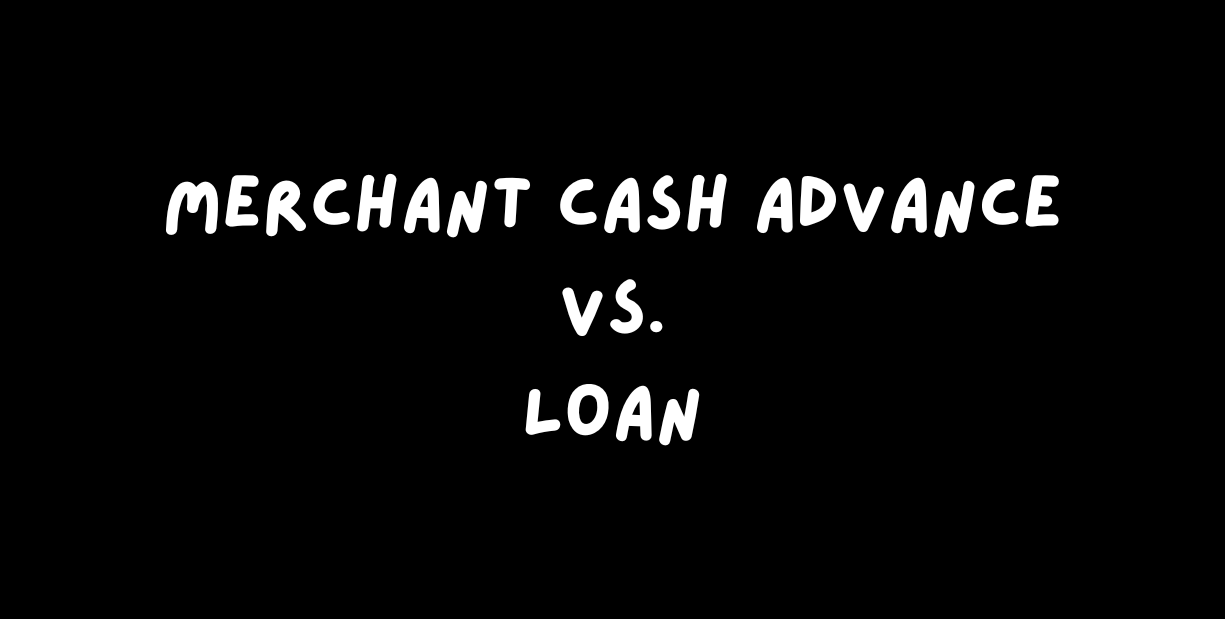Understanding Merchant Cash Advances | Impact on Credit Scores
Merchant Cash Advance and My Credit Score

What is a Merchant Cash Advance?
A Merchant Cash Advance is a financing method where businesses receive a lump sum of cash in exchange for a portion of their future sales. Unlike traditional loans, MCAs are not structured with fixed monthly payments or interest rates. Instead, the advance amount is repaid through a percentage of daily credit card transactions.
MCAs typically involve a straightforward application process. Businesses can obtain an advance amount based on their average monthly revenue. Repayment terms vary, but they usually involve daily or weekly deductions from credit card sales until the advance, plus a fee, is repaid. The terms and conditions often stipulate factors like the retrieval rate (the percentage of daily sales deducted) and the holdback amount (the total percentage of future sales allocated for repayment).
How Merchant Cash Advances Affect Credit Scores
The impact of MCAs on credit scores can be both direct and indirect. Directly, MCAs may result in hard or soft credit inquiries. Hard inquiries occur when lenders check credit reports to make lending decisions, potentially lowering credit scores. However, some MCA providers only conduct soft inquiries, which do not affect credit scores.
MCAs do not typically report to credit bureaus unless there is a default, meaning timely repayments might not improve credit scores, but defaults can significantly harm them. Indirectly, MCAs affect credit scores through cash flow management. Poor cash flow management can lead to missed payments on other obligations, increasing the debt-to-income ratio and negatively impacting credit scores.
Short-Term vs. Long-Term Effects
In the short term, MCAs can provide immediate financial relief, but the daily deductions can strain cash flow, potentially leading to other missed payments. This short-term strain can cause fluctuations in credit scores. Long-term consequences include a possible cycle of debt if the business becomes reliant on MCAs. The frequent use of MCAs can increase the debt-to-income ratio, making it challenging to secure traditional financing in the future. For example, a business using MCAs to cover operating expenses might find it difficult to manage both MCA repayments and other financial obligations, resulting in a downward spiral of credit health.
Managing Your Credit Score with an MCA
To mitigate the negative impacts of MCAs on credit scores, businesses should adhere to best practices such as ensuring timely repayments. Monitoring credit reports regularly can help identify any discrepancies or negative impacts early on. Maintaining a healthy credit score involves diversifying credit types and keeping credit utilization low, both of which can be challenging with the high repayment rates of MCAs.
Alternative Funding Options
Comparing MCAs to other financing options reveals significant differences. Business loans typically offer lower interest rates and fixed repayment schedules but require stringent credit checks and collateral. Lines of credit provide flexibility in borrowing but can come with variable interest rates. Personal loans may offer favorable terms but might not be suitable for business expenses.
Each alternative has its pros and cons. Business loans are cost-effective but less accessible, lines of credit offer flexibility but can be costly, and personal loans are easy to obtain but may not cover substantial business needs.
Real-Life Case Studies
Consider a retail business that utilized an MCA to cover seasonal inventory costs. Initially, the advance provided the necessary capital to increase stock, but the high daily deductions quickly strained cash flow, resulting in missed payments on other debts and a subsequent drop in credit score. Conversely, another business strategically used an MCA for a short-term marketing campaign, resulting in increased sales and timely repayments, thereby avoiding any significant credit score impact.
Legal Considerations and Advice
The legal implications of MCAs are significant. Businesses must understand the terms and conditions, including fees and repayment structures. Negotiating favorable terms requires a keen eye for detail and sometimes the assistance of a legal professional. Consulting with a legal expert ensures that businesses are aware of their rights and obligations, reducing the risk of adverse legal outcomes.
Merchant Cash Advances offer a viable financing option but come with potential risks to credit scores. Managing these impacts involves strategic planning and adherence to best practices. Businesses should weigh the short-term benefits against long-term consequences and seek professional advice to navigate the complexities of MCAs.
For personalized advice on managing Merchant Cash Advances and maintaining a healthy credit score, contact J Singer Law Group for a free consultation. Explore our related articles on business financing options and credit score improvement guides to enhance your financial knowledge and stability.











